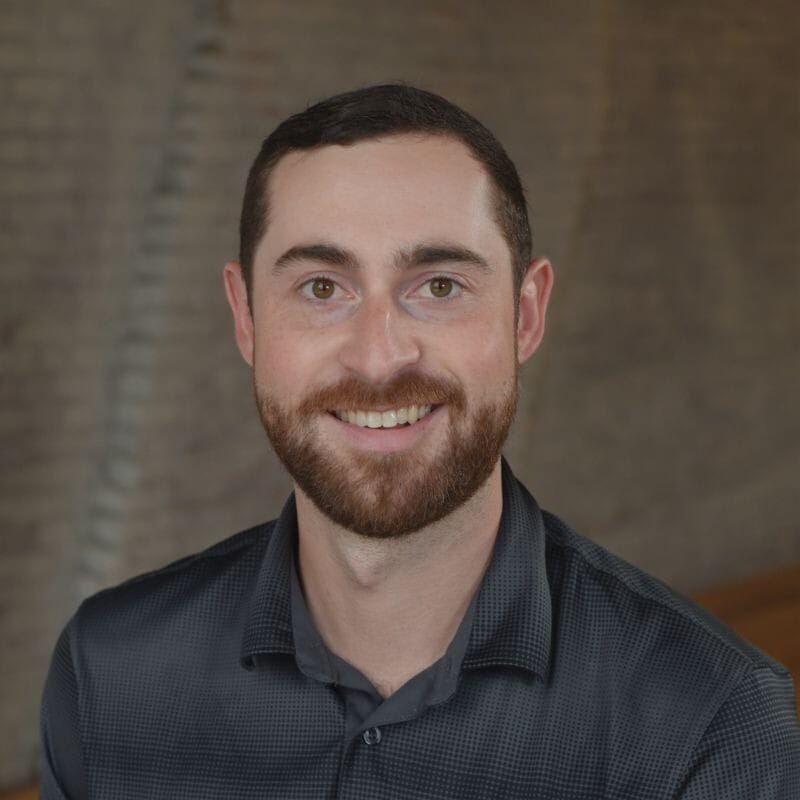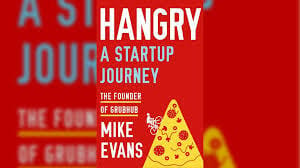💡 Today’s Minimum Viable Idea
🧱 🔗 Blockchain Powered Food Sourcing Platform
IDEA: Now more than ever, Americans do not trust food-sourcing information. According to an article from the Food Institute, less than 25% of US adults trust the details they are given about how their food was grown or produced. The article also cites a study conducted by the University of Minnesota that found that Gen Z and Millenials are willing to pay more for sustainably sourced food. So, how do we solve this problem? That’s right. With the Blockchain.
The Blockchain is a digital, decentralized ledger that has been become popular thanks to cryptocurrency. The ledger is not controlled by a single entity but is distributed among a peer-to-peer network that works to verify transactions. So how does this help food sourcing trust? Well, it is immutable which means that it cannot be deleted or altered without a record of the action that was taken meaning the blockchain is a definitive source of truth.
PRODUCT: Develop an online grocery platform offering meats and produce that runs on the blockchain. Every step of the process from planting the vegetables to delivery will be documented and available for all users to see. Partner with a farm that specializes in sustainable practices and implement a system that records all products used and certifies a chain of command.
MVP: Set up blockchain and online marketplace. Make blockchain easily visible for all products.
REVENUE MODEL: Transactional, charge per product.
EXIT STRATEGY: Sell to a large grocery chain like Kroger or another online grocery like Misfit Market for 6x revenue.
📈 Founder of the Week 🧑🏻💻 - Evan Knowles


Evan Knowles is a Elizabethtown, KY, native now living and running his business in Lexington. To follow his journey, follow him on LinkedIn.
What are you working on?
Evan is the CEO and co-founder of Valent, an AI-powered RFP and RFQ service that allows users to draft more compelling proposals and increase win rates while building a collective intelligence that fuels future decisions. Check out the website.
Why did you want to be an entrepreneur?
Evan has always been a creative type. He can remember as a little kid always wanting to build something no matter the medium. In college, he got his first taste of entrepreneurship building a company with his dorm mates and knew from that moment on, a normal job would never be a possibility. A 9-5 job is the antithesis of everything he wants out a career. Anything that could could slow him down like authority, decisions, or friction was out of the question. Most of all, Evan wants to be held accountable for his own success.
Was there a particular moment that made you take the leap?
There was no ‘leap’ moment for Evan. Building a company in college before joining as the first employee of another startup, he has never known a regular job. So, the ‘leap’ that many aspiring entrepreneurs take never seemed that scary to him.
What should aspiring founders know about the early days of starting a business?
It’s chaos. It is important to take everything day-by-day and embrace the chaos. Evan says an early founder should accept the fact they have no control and should treat the starting of a business like an art instead of a science. And the art is harnessing the chaos into some semblance of structure to build on top of.
Is entrepreneurship for everybody?
I think Evan had a perfect answer to this. “Everyone can, but not everyone should.” Skills can be learned but most people are not adaptable or do not have the risk tolerance necessary to handle entrepreneurship. Ideas are the least of your worries; it is more important just to start. And get ready to work through the failure. You have to be self-confident enough to hear 99 “no’s” before you get that one “yes.”
🚨 Startup News 🗞️
Publication: TechCrunch
Summary: The Amsterdam based company behind the open source project Polars (same name as the company), has raised $21 million in their Series A round. The founder, Ritchie Vink, created the project during the COVID pandemic when he was frustrated by the limitations of the python library Pandas. Since launching the open source project, the company has scaled to a cloud platform, a distributed query engine, and now a competitor to Apache Spark.
Spin: The biggest takeaway from this article is that if you are experiencing frustration with a product, chances are, someone else is too. The best ideas that get turned into businesses are the ones the personally impact you. It helps you stay focused on the goal and stave off burnout.
🚂 Motivation Station
🧱 Ready to run through a brick wall or do you need an extra push?
Today’s Motivation comes from the book Hangry: A Startup Journey by Mike Evans. No, not the future hall of fame wide receiver, the founder of GrubHub. The memoir tells the story and reflects on his entrepreneurial journey from being too tired to cook after work to his IPO and cross-country bike trip. He documents all of his failures and constant ‘face-palm’ moments that all led to his success and multi-million dollar exit. Give it a read or listen to the audiobook on Spotify for free.

🔥 HighDEA
🧦 Sock Insurance
IDEA: Have you ever lost a sock and had to deal with the one mismatched straggler for months before you decided to throw it away? That was a rhetorical question. Of course you have. What if you didn’t have to throw away a perfectly good sock just because you lost its match? That’s good money (which always buys the worst stuff) going down the drain. Introducing sock insurance. File a claim, send in the lone sock, and receive a new pair no questions asked.
📣 We Want to Hear from You! 📢
Send us an email. Let us know what you’re building, what you thought about today’s newsletter, or whatever else is on your mind.
Follow us on TikTok for a behind the scenes look at building Minimum Viable.

